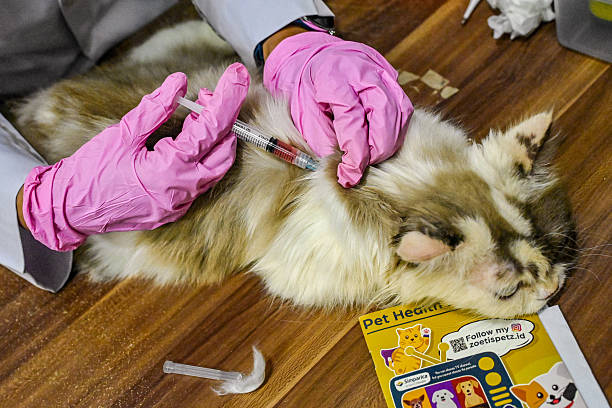SAN ANTONIO — A recent rabies case involving a skunk has led San Antonio Animal Care Services (SAACS) and the Metropolitan Health District to urge the public to exercise caution around wildlife and unknown animals.
Last week, a 7-year-old child was exposed to a rabid skunk near their home off Bitters Road and Wood Valley Drive.
In 2025, the Texas Department of State Health Services confirmed 18 rabies cases in Bexar County, primarily in bats. Residents are advised to avoid feeding, touching, or handling wildlife or unfamiliar animals. Children should be taught to steer clear of wildlife and report any contact to an adult immediately, as bat bites may not be visible.
Ensuring pets are up-to-date on rabies vaccinations is crucial. Encounters with potentially rabid animals should be reported to animal control, and quarantine protocols must be followed. Within San Antonio city limits, residents can contact SAACS at 311, while those outside should call Bexar County Animal Control at 210-335-9000.
State law requires reporting any rabies exposure to local authorities for investigation and testing. If a potentially rabid animal is found indoors, it should be confined safely without direct contact until Animal Control arrives. Physical trauma to the animal should be avoided to ensure accurate rabies testing.
SAACS reminds pet owners that annual rabies vaccinations for dogs and cats are mandatory. A pet vaccination and microchipping clinic will be held this Saturday, Oct. 25, from 9 a.m. to 11 a.m. at the Paul Jolly Center for Pet Adoptions, 210 Tuleta. Free rabies shots and other vaccinations will be available for the first 100 San Antonio pet guardians.

